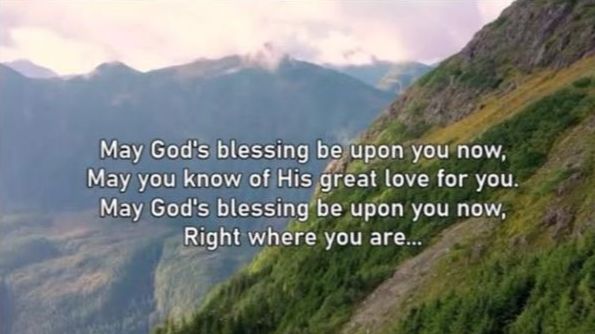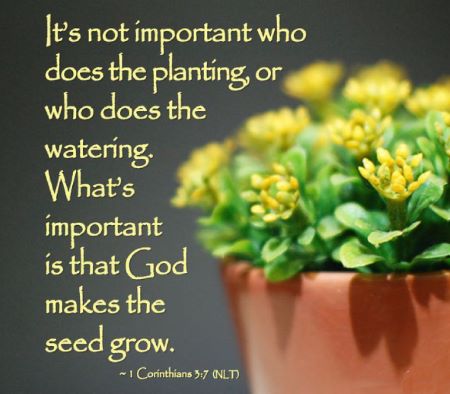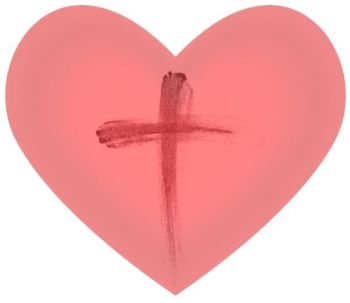
Timeless Times
We started losing light on June 21 (the Summer Solstice) as we began moving towards December 21 (the Winter Solstice). Fewer hours of daylight will make it seem as though we have less time to do things, to accomplish what we must. Some of us will turn, in this time of shortened daylight, from outside activities to inside ones. Some of us may resist and keep up the pace by trying to stretch the daylight we have into the daylight we had. Some of us may want to follow in the footsteps of hibernating animals and rest, preserve inner resources, and begin to prepare for the new life which comes in the spring.
But in addition to our hours of daylight being variable, time itself is variable; and this reality can be expressed in a concept called time dilation. And it’s precisely the scenario outlined in the famous thought experiment called The Twin Paradox. Basically, an astronaut (with an identical twin who works at mission control) makes a journey into space on a high-speed rocket and returns home to find that his twin has aged faster. Time is measured differently for the twin who moved through space and the twin who stayed on Earth. The clock in his space ship will tick more slowly than the clocks his brother is watching here on Earth.
Time dilation is based in Einstein’s theory of special relativity, which teaches us that motion through space actually creates alterations in the flow of time. The faster you move through the three dimensions that define physical space, the more slowly you’re moving through the fourth dimension of time –– at least relative to another object.
A few years after I converted to Christianity, as I was sitting in church one Sunday morning, I was “struck” by something which may have been an epiphany, as I watched the procession of people going up from their pews to the altar rail to receive communion –– to experience at-one-ment with God in Christ. To be made one in body and experience, as we were all joined together in the timeless mystery of forgiveness and grace and inclusion. It seemed both simple yet incomprehensible. And it was this: from the moment the Eucharist begins and until the Table has been cleared, God shows us week after week, that God has enough time for each one of us. There’s never any rush, never any scrambling to commune everyone quickly –– whether thirty or three-hundred –– in a limited amount of time. God allows each one of us the time we need, and we reflect that truth by taking the time that’s needed. And so as God comes to us in the Eucharist, there must be a connection between this embodied timelessness and God’s transcendent timelessness.
And further, it doesn’t matter where we are on our spiritual journeys. It doesn’t matter, the number of lessons we need to learn (or have learned). And it usually doesn’t matter whether we’ve learned them well or not. Our salvation doesn’t come to us because of what or who we know, or what we do, or how much we try. God meets us where we are, and our salvation comes to us as “unearned gift.” It comes to us because of the immeasurable amount of God’s love for us.
Now we wish “all good things” for our children, and do all we can to make their lives better than ours –– also out of love. And in almost exactly this way, the One who created and loves us, does so much more of this than we can ever imagine. God does this in two ways –– in the already / not yet about which Paul wrote –– by giving us the time we need even as God has also already done so fully in Christ Jesus.
During the next few months, as daylight wanes but your inner light does not, I pray you will allow rest and renewal to find a place in your routines, to prepare for the work and play that lies ahead, and to trust in the certainty that God’s love frees us from the tyranny of time. There truly is enough time for everyone. Peace!








